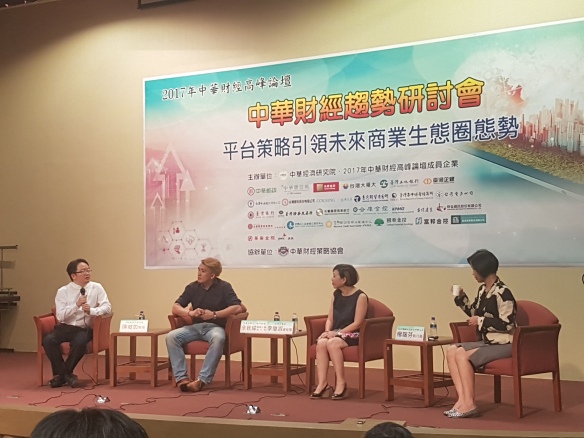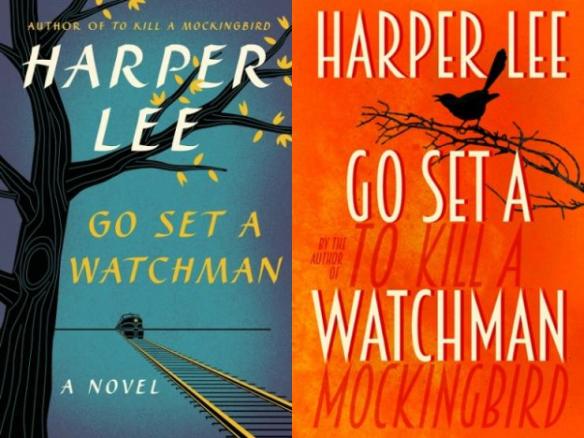 (Contains spoilers) Go Set a Watchman is really a story that completes To Kill a Mockingbird and seems more relevant to the contemporary debate over race relations. The title is a quote from The Prophecy Against Babylon in Isaiah 21:
(Contains spoilers) Go Set a Watchman is really a story that completes To Kill a Mockingbird and seems more relevant to the contemporary debate over race relations. The title is a quote from The Prophecy Against Babylon in Isaiah 21:
1 The burden of the desert of the sea. As whirlwinds in the south pass through; so it cometh from the desert, from a terrible land.
2 A grievous vision is declared unto me; the treacherous dealer dealeth treacherously, and the spoiler spoileth. Go up, O Elam: besiege, O Media; all the sighing thereof have I made to cease.
3 Therefore are my loins filled with pain: pangs have taken hold upon me, as the pangs of a woman that travaileth: I was bowed down at the hearing of it; I was dismayed at the seeing of it.
4 My heart panted, fearfulness affrighted me: the night of my pleasure hath he turned into fear unto me.
5 Prepare the table, watch in the watchtower, eat, drink: arise, ye princes, and anoint the shield.
6 For thus hath the Lord said unto me, Go, set a watchman, let him declare what he seeth.
7 And he saw a chariot with a couple of horsemen, a chariot of asses, and a chariot of camels; and he hearkened diligently with much heed:
8 And he cried, A lion: My lord, I stand continually upon the watchtower in the daytime, and I am set in my ward whole nights:
9 And, behold, here cometh a chariot of men, with a couple of horsemen. And he answered and said, Babylon is fallen, is fallen; and all the graven images of her gods he hath broken unto the ground.
10 O my threshing, and the corn of my floor: that which I have heard of the Lord of hosts, the God of Israel, have I declared unto you.
11 The burden of Dumah. He calleth to me out of Seir, Watchman, what of the night? Watchman, what of the night?
12 The watchman said, The morning cometh, and also the night: if ye will enquire, enquire ye: return, come.
13 The burden upon Arabia. In the forest in Arabia shall ye lodge, O ye travelling companies of Dedanim.
14 The inhabitants of the land of Tema brought water to him that was thirsty, they prevented with their bread him that fled.
15 For they fled from the swords, from the drawn sword, and from the bent bow, and from the grievousness of war.
16 For thus hath the Lord said unto me, Within a year, according to the years of an hireling, and all the glory of Kedar shall fail:
17 And the residue of the number of archers, the mighty men of the children of Kedar, shall be diminished: for the Lord God of Israel hath spoken it.
Babylon was a grand historic city that had sacked Jerusalem and taken the survivors back to the city where they mistreated them as suggested in Psalms 137. It was thought that the destruction of Babylon was impossible given its size and grandeur. Its eventual destruction signifies liberation and vengeance for the wrongs down against God’s chosen people. In the context of the book, Babylon is presented as the American South and the enslaved citizens of Jerusalem forced into exile, the former black slaves. Jean-Louise’s childhood and her respect for Atticus was to some extent built upon this Babylon too.
The book is set many years after To Kill a Mockingbird, when Jean-Louise returns to Maycomb from New York where she has been living. Other central characters from the first novel are no longer on the scene; Jem has dropped dead and Dale is living overseas. Atticus has taken another of Jean-Louise’s childhood friends, Henry (Hank), under his wing to work as a lawyer. Hank has become somewhat of a love interest for Jean-Louise although she refuses to marry him as this would mean she would have to return to live in the Maycomb that she escaped. She also visits Calpurnia, the housekeeper who essentially raised her and Jem together with Atticus, but she discovers a rift has arisen between her and Calpurnia, who treats her with a polite distance. The central event of the novel is when Jean-Louise spies on Atticus and Hank attending a citizen’s council meeting at which a speaker makes dehumanizing comments about black people. A few incidents have foreshadowed this, with references to the NAACP interfering in what Atticus suggests is a just system. This suggests a different motive lay behind Atticus’s defense of Tom in To Kill a Mockingbird. It’s only after witnessing the citizens’ council meeting that Jean-Louise comes to the realization that they are on different sides of an argument. Although Jean-Louise is opposed to Federal interference in state issues, she thinks that in this case it was the better option. That the Atticus from her childhood who had always been so respectful to black people and who had defended Tom in his trial could take part in a meeting such as this disgusts her. After confronting Hank and Atticus separately about the meeting, she learns that Atticus has beliefs which are diametrically opposed to her own. This shatters her illusions of Atticus as her moral compass and she feels the urge to flee from Maycomb and never contact anyone there again.
Her uncle had tried to prepare her for this shock to her system that he knew was coming and it is her uncle that eventually tries to persuade her to stay in Maycomb and to treat Atticus with respect, even though she might disagree with his views. His suggestion is that her outrage and her decision to flee Maycomb won’t do anything for the community or for the black people she wishes to help. He suggests rather that being a friend to someone you vehemently disagree with is the most productive path forward for the South.
Despite having been written before her first novel, this one seems completely in tune with the contemporary debate around race relations. Atticus, who was hoisted high as an example of a good man in the racist south, turns out to be the propagator of a more insipid kind of racism against black people, in that his inability to see them as his equals is hidden from plain sight by his politeness. Atticus sees them only as a force that will destroy the South, while Jean-Louise is able to see humanity in them.
We can see almost direct parallels between the Black Lives Matter movement and the NAACP in the novel and between the attachment of Atticus and Hank to romanticized notions of Southern society and those who want to “Make America Great Again”.
Jean-Louise’s uncle’s speech could be compared to recent remarks on “patience with others” by George Bush on divisiveness in politics:
https://www.youtube.com/watch?v=07UKipL8PLE








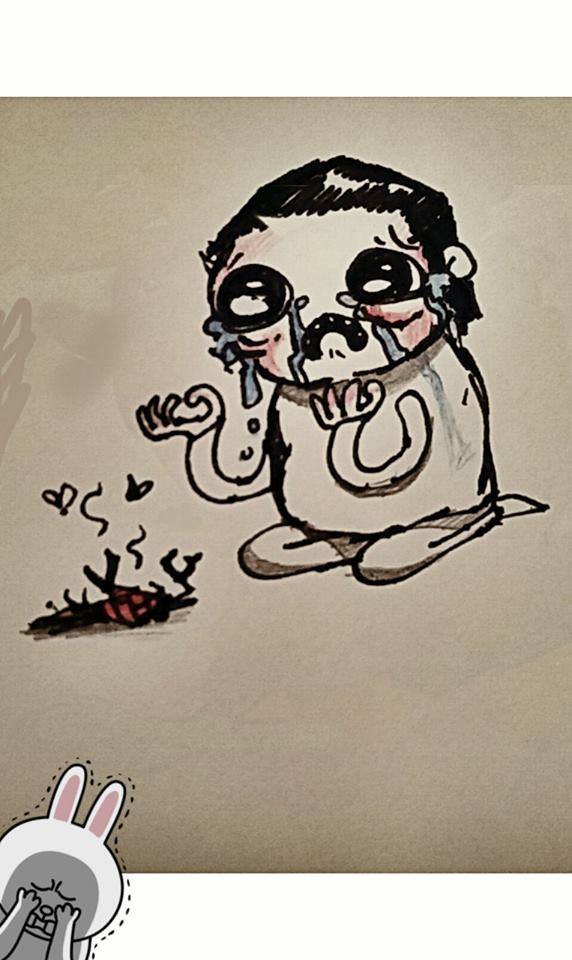
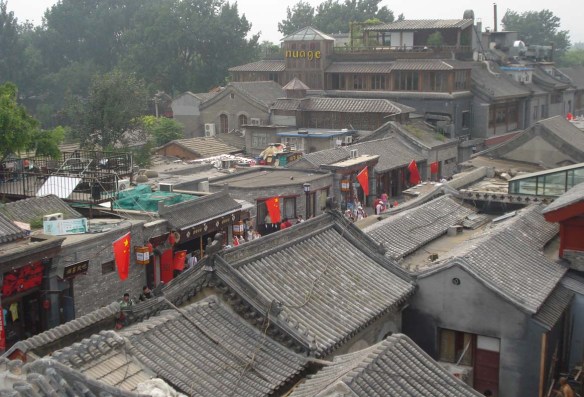
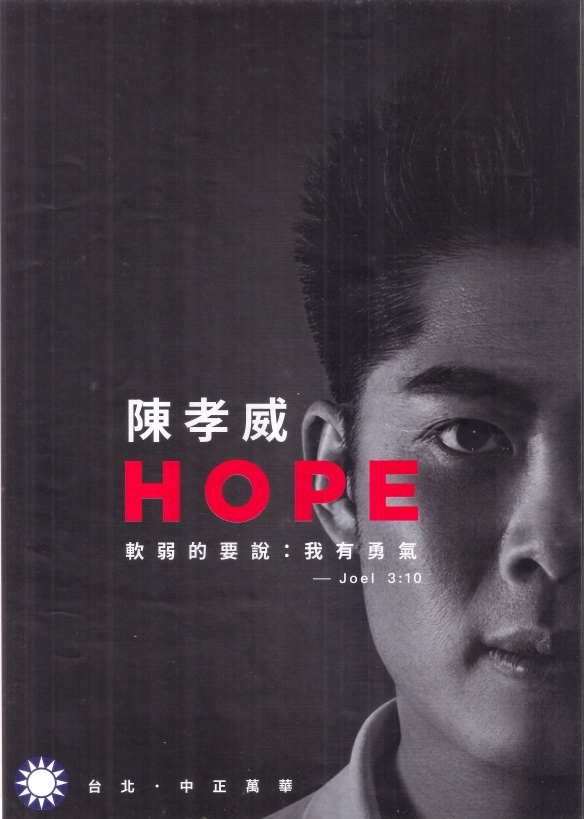
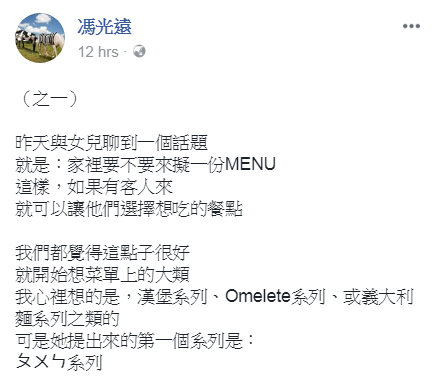
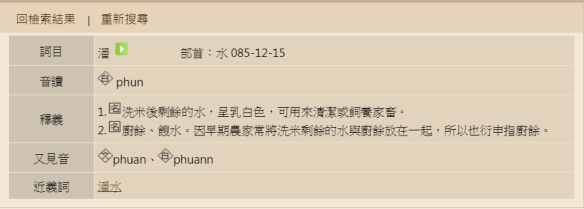
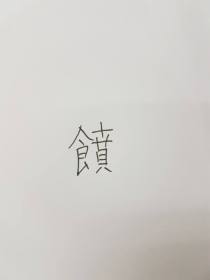
 (Contains spoilers) Go Set a Watchman is really a story that completes To Kill a Mockingbird and seems more relevant to the contemporary debate over race relations. The title is a quote from The Prophecy Against Babylon in Isaiah 21:
(Contains spoilers) Go Set a Watchman is really a story that completes To Kill a Mockingbird and seems more relevant to the contemporary debate over race relations. The title is a quote from The Prophecy Against Babylon in Isaiah 21: